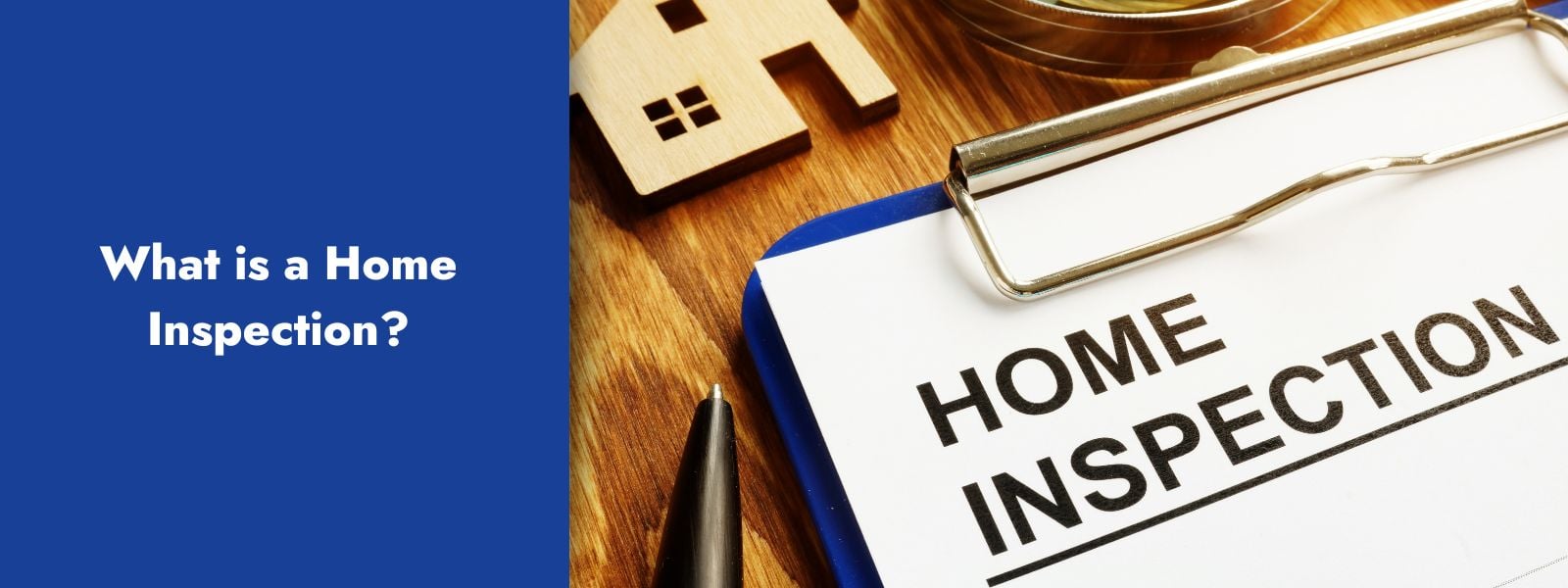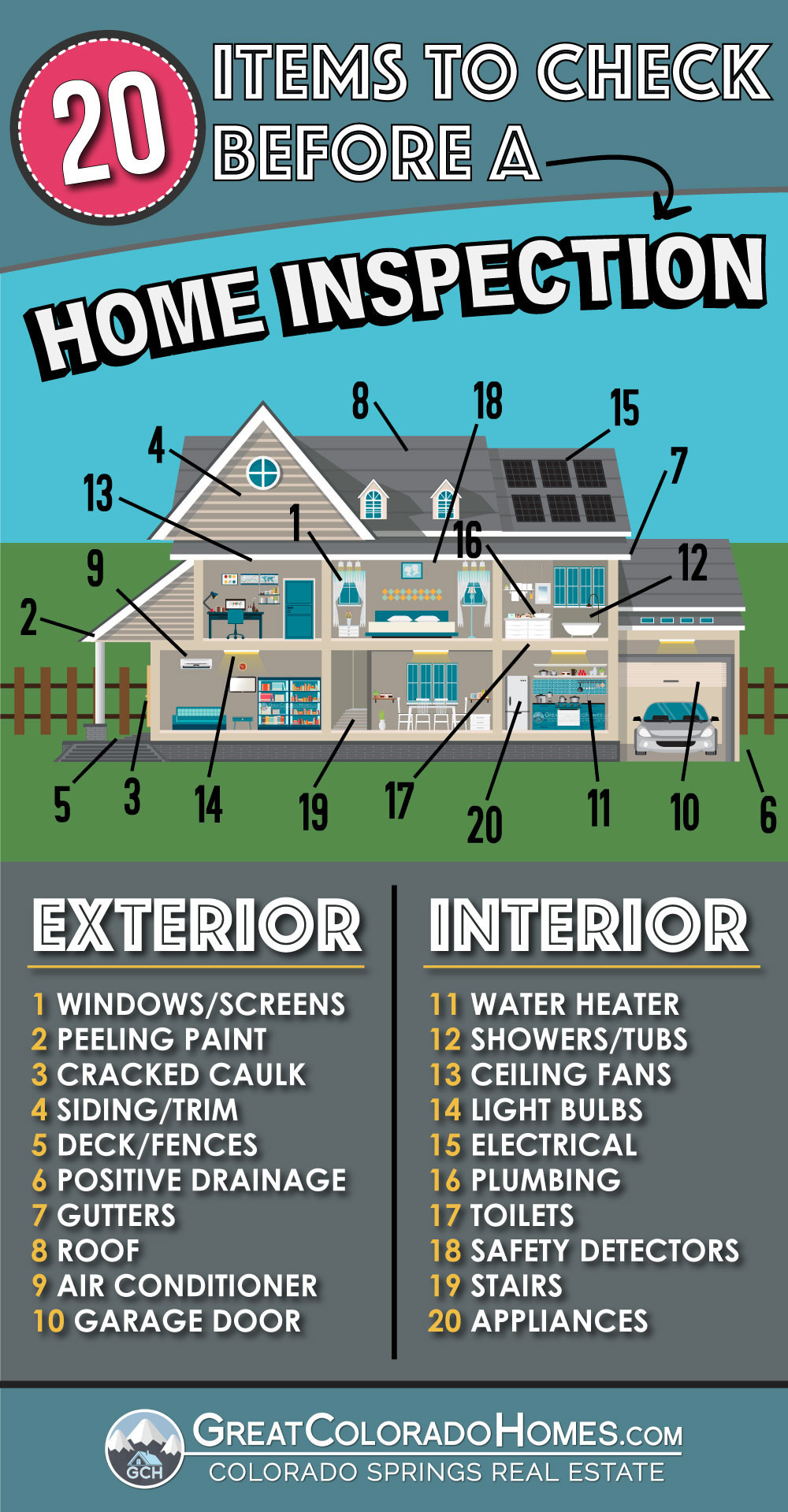Remain Ahead of Upkeep Demands with Accurate Home Inspection Lockhart Reports
Wiki Article
What to Expect From Home Evaluation: a Detailed List and Its Value
Comprehending what to expect from a home inspection is important for both buyers and vendors in the genuine estate market. A thorough assessment provides an in-depth checklist that analyzes key components such as architectural honesty, major systems, and general residential or commercial property problem.
Significance of Home Inspections
The value of home evaluations can not be overstated, as they offer as a critical secure for both buyers and sellers in the genuine estate market. For buyers, a home examination provides an unbiased examination of the building's condition, revealing prospective problems that may not show up during a laid-back walkthrough. This process assists customers make educated choices and discuss repairs or cost modifications before closing, eventually shielding their financial investment.Alternatively, vendors can profit from home examinations by addressing issues proactively before listing their residential or commercial property. This can improve the home's marketability and potentially speed up the sales process. A pre-listing evaluation can also instill confidence in potential purchasers, as it demonstrates transparency and a dedication to keeping the building.
Furthermore, home inspections add to the overall safety and security and habitability of homes. By determining structural, electric, or pipes problems, they guarantee that homes abide with safety and security requirements and guidelines. This not just secures the residents but likewise supports the integrity of the realty market. In recap, home assessments are a necessary element of property purchases, supplying important insights that foster count on and transparency among all parties included.
Key Parts of the List
An extensive home assessment checklist incorporates several vital components that make certain a comprehensive examination of a residential property's problem. The first component is the structural integrity, which includes the evaluation of the structure, walls, and roofing for any indicators of damages or deterioration. Next, the checklist addresses significant systems such as pipes, electric, and heating and cooling, analyzing their capability and security.Another crucial location is the outside of the home, which includes evaluating house siding, windows, doors, and roof covering materials for wear and potential leaks. The checklist additionally covers indoor elements, including floor covering, wall surfaces, ceilings, and insulation, to determine any type of problems that might impact comfort or security.
Furthermore, the checklist often includes an analysis of appliances, guaranteeing they remain in good functioning order. Last but not least, the inspection ought to examine outside areas, including decks, patios, and driveways, to examine their problem and safety and security. Each of these elements plays an important role in giving a detailed understanding of the building, eventually aiding possible purchasers in making informed choices regarding their financial investment.
Typical Issues Found
Generally, home examinations expose a variety of issues that can range from minor repair services to significant security problems. One widespread concern is the visibility of water damages, typically stemming from dripping roofings, plumbing failures, or not enough drainage systems. Such damages can bring about mold and mildew growth, which positions health risks and might need comprehensive remediation.
An additional common finding entails electrical systems. Outdated circuitry, overloaded circuits, or inappropriate grounding can produce fire hazards and require immediate attention. In addition, issues with cooling and heating systems, such as insufficient upkeep or age-related inefficiencies, can impact convenience and power expenses.
Structural problems like fractured foundations or compromised framework are additionally frequently noted. These concerns can result in serious consequences if not resolved promptly. Parasites such as rodents or termites may be found, showing the capacity for significant residential or commercial property damage.
Finally, the condition of windows and doors frequently comes under examination. Poor seals can lead to power loss, while damaged frames or glass can impact safety and visual appeals. Determining these usual issues during a home evaluation is vital for educated decision-making and ensuring the safety and longevity of the home.
Getting Ready For the Assessment
Prep work is crucial for an effective home evaluation, guaranteeing that both sellers and customers can navigate the procedure with confidence. Begin by arranging the evaluation at a mutually convenient time, enabling appropriate access to the property. For vendors, it is suggested to declutter and clean up the home extensively, as a tidy setting can positively influence the examiner's assessment.
For customers, preparing involves compiling a checklist of particular concerns or locations of interest to go over with the inspector. It is valuable to go along with the assessor during the walkthrough, as this supplies firsthand understanding into the building's condition. Making sure that all energies are operational can help the assessor in carrying out a thorough analysis. By taking these primary steps, both events can set the stage for a comprehensive and reliable home assessment experience.
Post-Inspection Activities
After the inspection is complete, both buyers and sellers have to take specific activities to address the findings. For buyers, the very first step is to very carefully review the evaluation record, keeping in mind any major issues that might influence their decision. This file functions as an essential tool for settlement. Customers might ask for repairs or credit histories from the seller based on substantial issues, such as obsolete systems or architectural troubles.Sellers, on the other hand, should assess the searchings for to establish which concerns they can Get More Info attend to prior to completing the sale. Repairing minor repairs can boost the building's allure and potentially result in a higher price. Vendors may pick to reveal problems to prospective purchasers, advertising transparency and trust fund.
In situations why not try this out where substantial repair work are required, both events may gain from getting price quotes or quotes from qualified contractors. This permits informed discussions pertaining to repair obligations. Ultimately, it is essential for both vendors and buyers to preserve open lines of communication throughout this process to make sure a smooth transaction. By taking these post-inspection actions, both celebrations can navigate the settlement landscape with self-confidence and quality.
Conclusion
Home evaluations act as a crucial component in the genuine estate deal procedure, guaranteeing an extensive evaluation of a property's problem. By adhering to an in-depth checklist, prospective issues can be determined, guarding the interests of both buyers and sellers. Addressing these concerns not only enhances security and habitability however also aids in economic negotiations. Inevitably, the relevance of home inspections can not be overemphasized, as they advertise informed decision-making and add to a smoother realty experience.For purchasers, a home inspection supplies a neutral assessment of the building's condition, exposing possible issues that may not be visible throughout a laid-back walkthrough.Conversely, vendors can benefit from home assessments by addressing issues proactively before listing their building (Home Inspection Lockhart).Frequently, home inspections expose a variety of concerns that can range from small repairs to substantial safety official site issues. Determining these typical problems during a home examination is important for educated decision-making and guaranteeing the safety and security and longevity of the residential property
Preparation is necessary for a successful home evaluation, ensuring that both vendors and customers can browse the procedure with self-confidence.
Report this wiki page